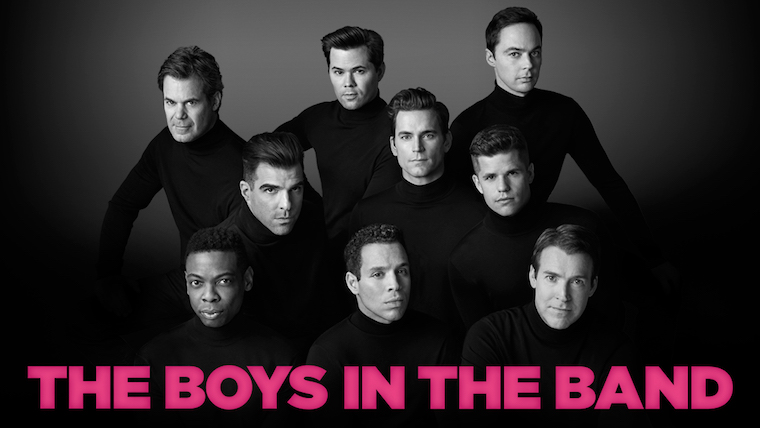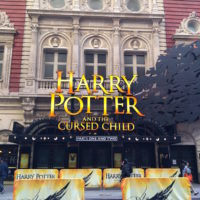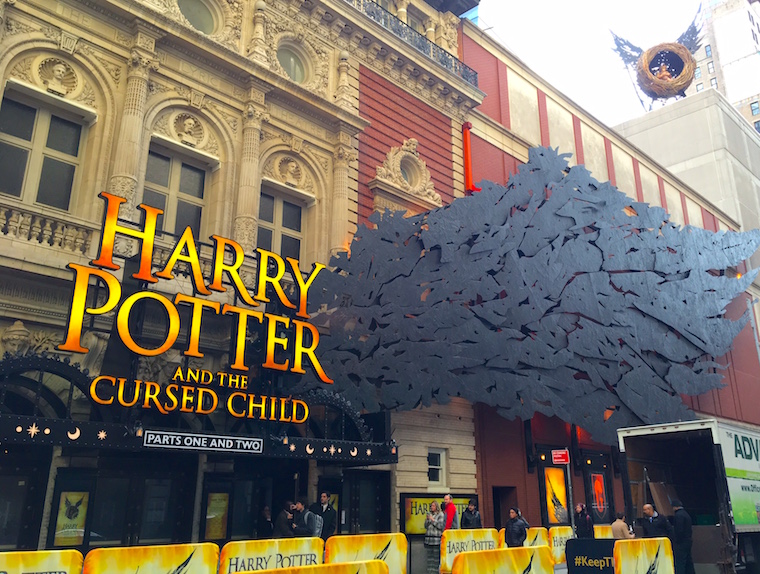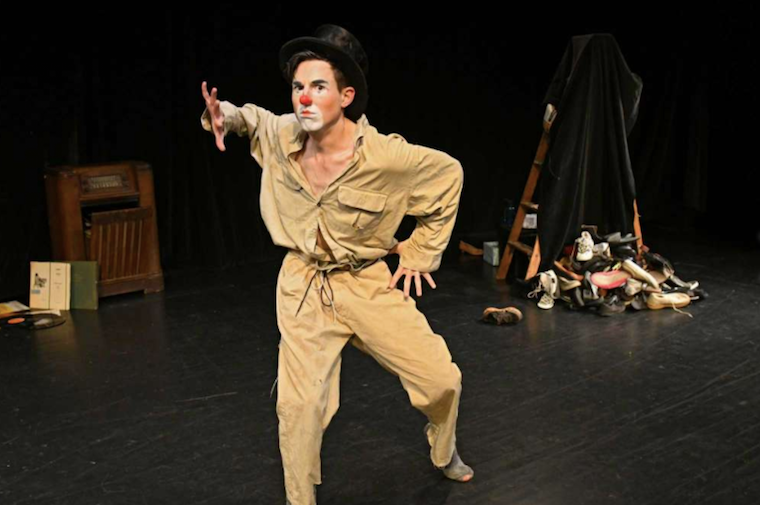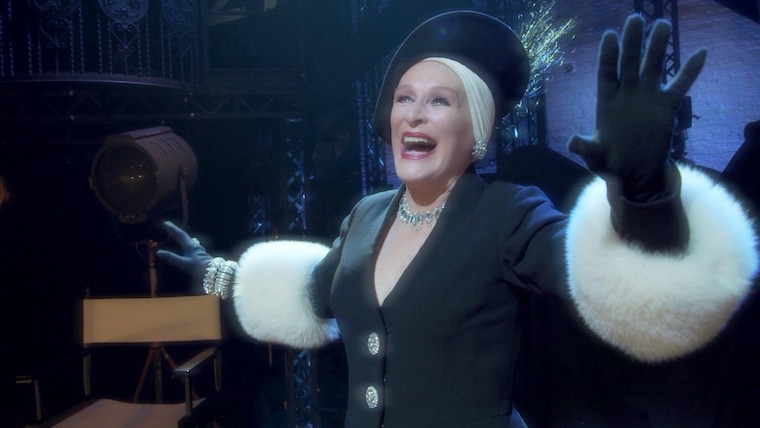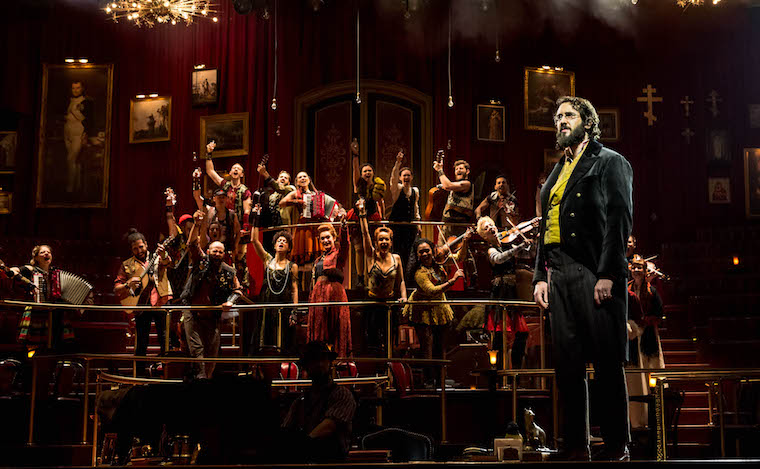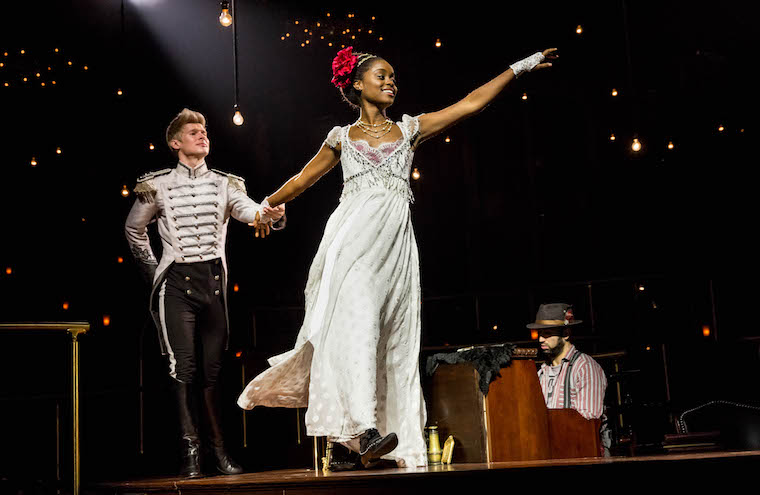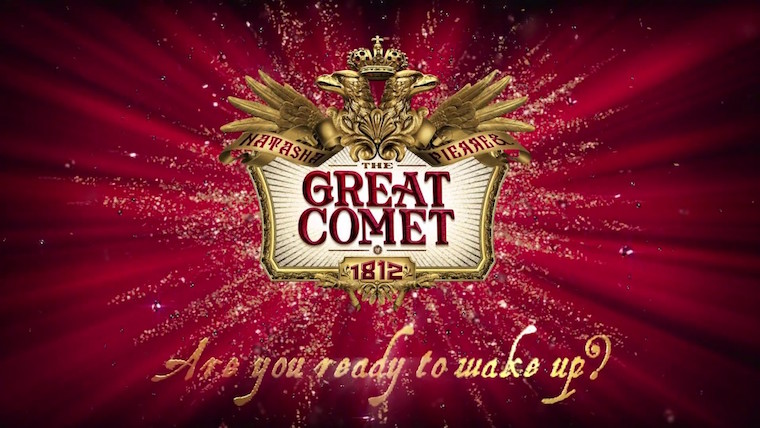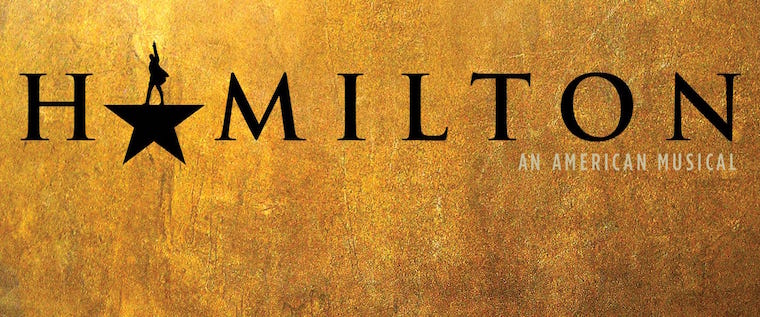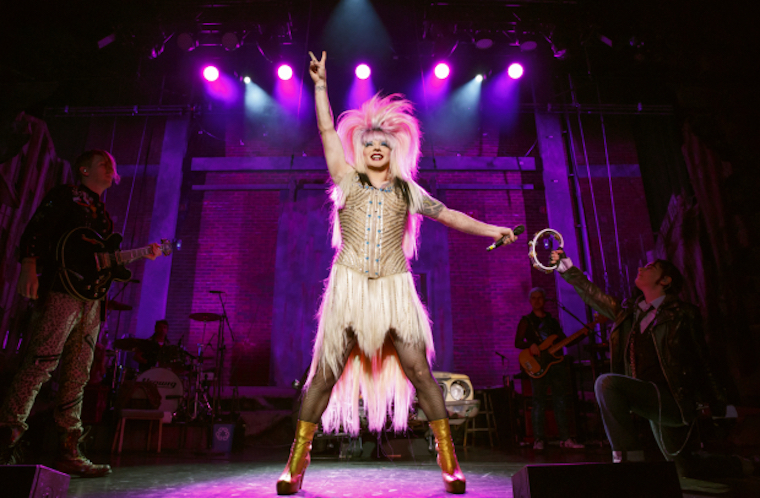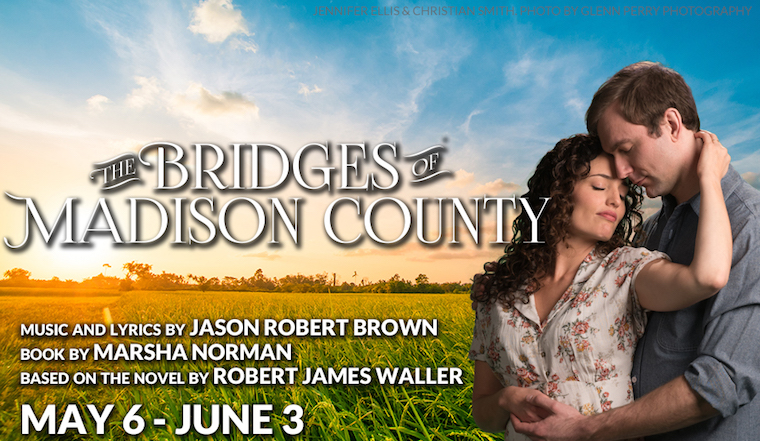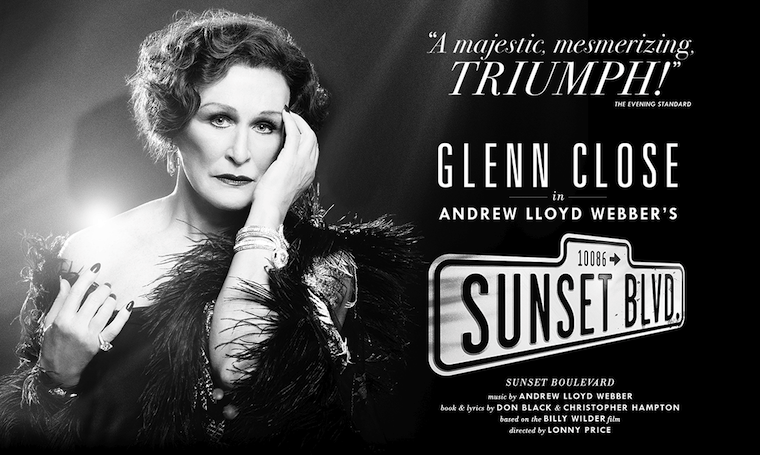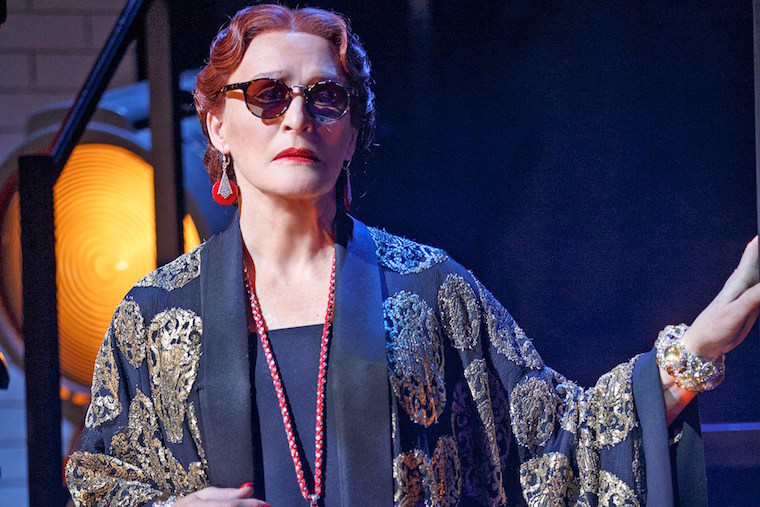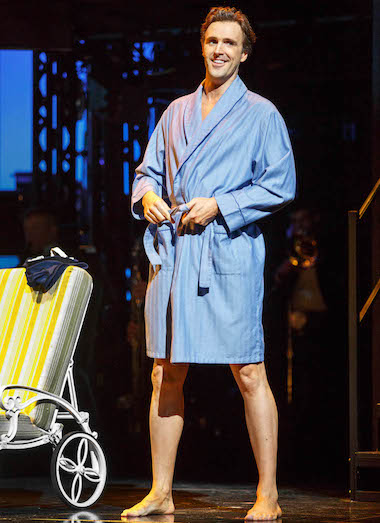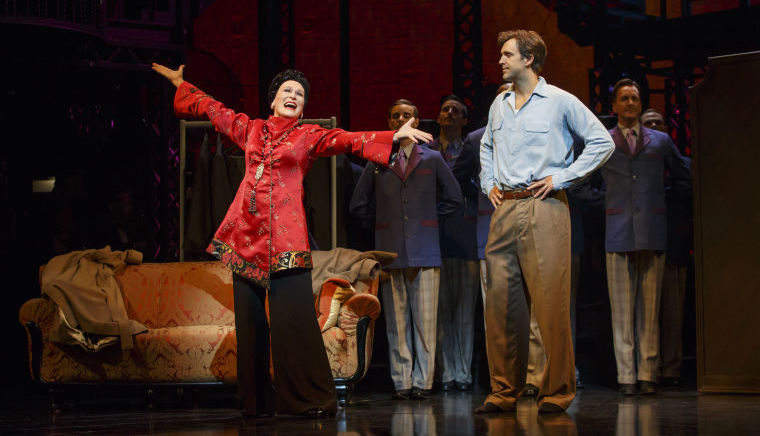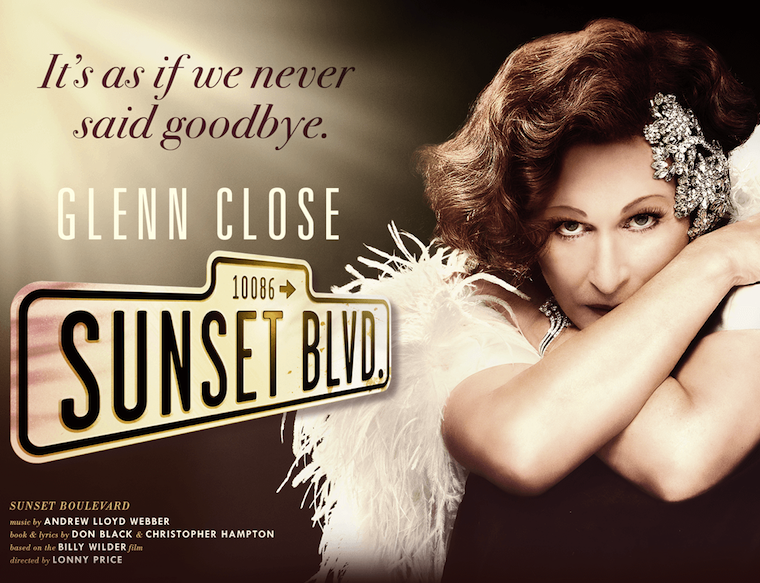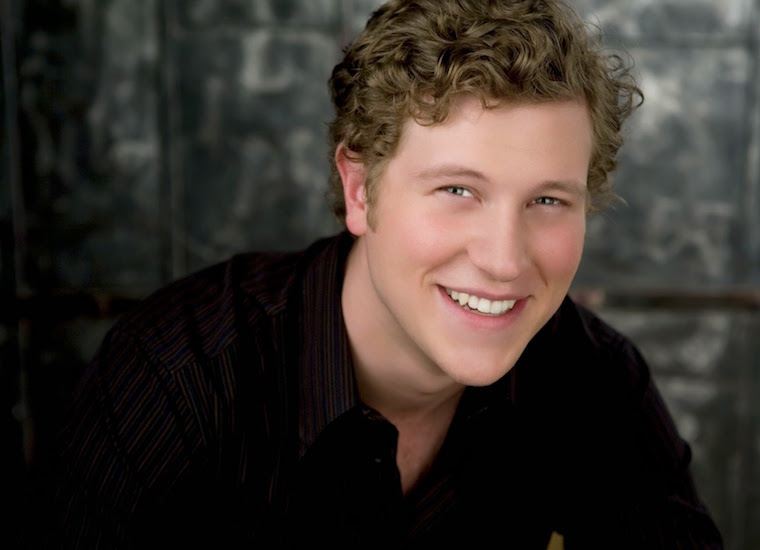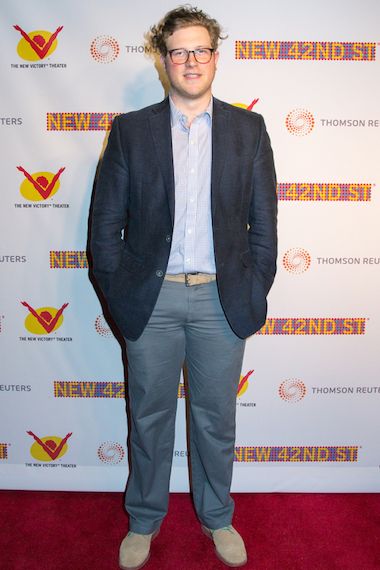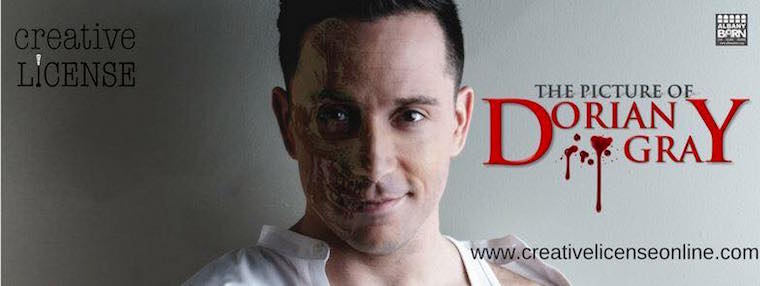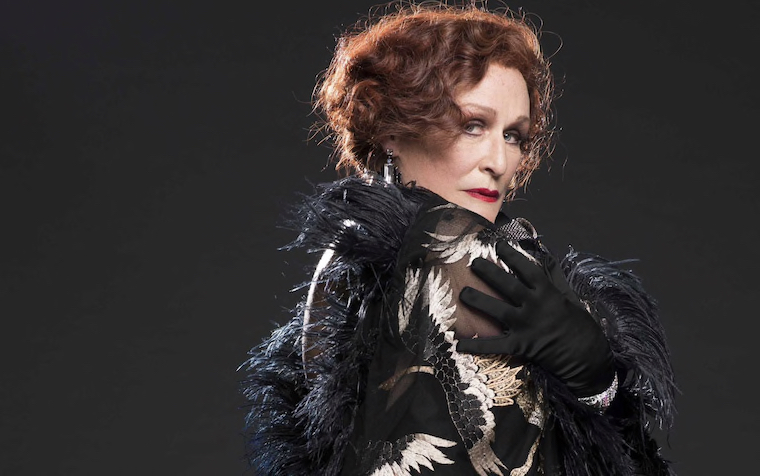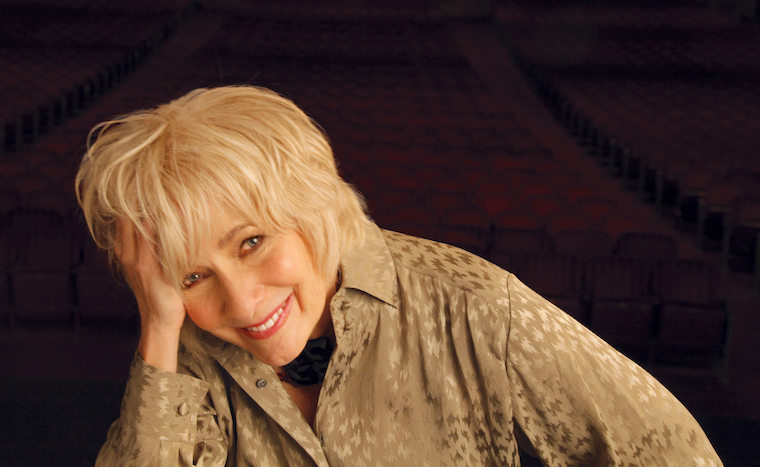A year before Matthew Bourne would turn all the waterfowl of ‘Swan Lake’ into men, Terrence McNally had the guys of ‘Love! Valour! Compassion!’ unabashedly doing their plies in tights and tutus. Back then it was ahead of its time, and well over two decades later it still retains much of its verve, nerve, and sentiment. I was lucky enough to have seen that landmark Broadway production and its incomparable cast, and the shadow that it produced still lingers in my mind. It was 1995, and for some reason I insisted that both of my parents attend the play with me – a none-too-veiled yet still unspoken attempt at coming out to them. I wasn’t expecting all the words that would be uttered, nor all the full-frontal male nudity that would so flagrantly parade before our eyes, but I was brazen enough not to care, and by the end I think we were all so moved by the play that the rest of the stuff was almost beside the point.
It was reportedly McNally’s ode to the gay friends he’d had in his life, and at the time I remember feeling an intense longing for this glimpse into adult gay relationships and the varying versions of them: romantic, platonic, antagonistic, unconditional, extremely-conditional, wantonly sexual, polite, provocative, ugly and pretty. Revisiting the play all these years later as produced by the Zeitgeist Stage Company, I see it not solely as a celebration of the lives of several gay men, but as a eulogy as well – not only for those of us lost to AIDS, but for a time in our lives. A time before cel-phones, before online dating, when people looked at and spoke to each other in meaningful and discomforting directness. A time when we couldn’t hide behind computer screens or shut out the world by looking down at our text threads. Some it does feel dated (I cringed at the Donald Trump reference from when he was a joke more than a threat) but the interaction among the men, and the way they change and reveal themselves, is very much timeless.
The cozy Plaza Theatre at the Boston Center for the Arts provides a non-descript background for the minimalist scenery and effective lighting, which manage to convey the shifting scenes of summer in seemingly impossible ways, at times evoking a sprawling lake-side estate affectionately dubbed ‘Manderley’, spirited scenes of tennis and dinner and skinny-dipping, and even a road-rage-fueled car-ride. Such theatrical magic comes courtesy of director David J. Miller and the talented cadre of gentlemen he’s assembled to complete a picture-perfect ensemble.
In the original production, despite the talents of every cast member, two lights shined brightest: John Glover and Nathan Lane as John/James and Buzz respectively, who managed to dwarf all else around them with scene-biting ferocity. In this version, things are more evened-out, making for a more powerful sense of ensemble work. Brooks Reeves has the difficult dual role that Glover originated, but manages to acquit himself nicely in the 11thhour soliloquy when simply by turn of chair he shifts between two vastly disparate brothers. As Buzz, Jeremy Johnson gets the funniest lines, and though the over-the-top theater-queen role practically begs for overdone turkeydom, Johnson keeps it grounded, lending a very powerful poignancy to his budding kinship with James.
As the “role-models” in a 14-year relationship, Joey C. Pelletier and Keith Foster bring nuanced complexity to their characters Perry and Arthur. The least likable character in the lot, and the catalyst for some of the night’s most fiery moments, Perry is the difficult hinge around which McNally’s ambivalent criticism of the slightly-self-loathing middle-aged gay man turns. Finding the redemptive moments is the key to putting him over, and Pelletier is up to the task, unafraid to reveal Perry’s own inner-conflict, outward manifestations of intolerance, and ultimately heartwarming commitment to Arthur. Working for and against the hot-blooded Latino stereotype, Michael J. Blunt’s Ramon kicks off the drama with his preening, penis-heavy performance (instead of drinking from a silver cup, he admires his reflection in it). Ramon’s dance career is taking off just as Gregory’s is ending. David Anderson brings brittle emotional intensity to the host of the festivities, his watery transparency on the verge of breaking down or putting someone’s hand into a garbage disposal. The disintegration of his career as a dancer is at the opposite parabolic end of Ramon’s, which adds to the tension of his relationship with Bobby. Cody Sloan, in the role originated by Justin Kirk, portrays Bobby with a wisdom belying his years.
An ensemble piece is only as strong as its weakest character, but there is no weak link here. The cast manages to lift each other to greater heights, which is the secret of solid ensemble work. A telling testament to the legacy of McNally’s words, along with an impeccable cast on top of their game, this production of ‘Love! Valour! Compassion!’ is a moving reminder of an era already almost gone. In some ways an antidote to a predecessor like ‘The Boys in the Band’ (currently being revived on Broadway), this is one of those gay plays that deserves greater recognition.
{The Zeitgeist Stage Company‘s production of ‘Love! Valour! Compassion!’ is playing at the Plaza Theatre of the Boston Center for the Arts through May 19, 2018. Tickets may be purchased here. }




